So what advice do I have to aspiring writers?
1. Reading is good, but it's not enough when you only read in one genre. Writers know a lot about a lot of topics because they read voraciously in many areas. Reading romance if you want to be a romance author is a must, of course, because you have to know the structure and rules of your intended genre. For example, romance requires a happily ever after (HEA). If you don't enjoy the HEA but enjoy the other parts of romance, you need to reconsider your potential genre (unless you're Nicholas Sparks and then don't worry--kill off anyone you choose and make that ending as sad as you like). However, if you only read romance, you won't know enough to write romance. It's a paradox, but it's true.
2. Develop an extensive vocabulary. The above example is a paradox and isn't ironic. The adjective ironic has been sorely abused (I'm looking at you, Alanis Morissette). Authors know words. Period. They like the dictionary and use it often. If you don't love words or love knowing the tiny shades of difference that occur when you use one word instead of another, you don't want to be a writer. If words and their meanings don't do it for you, writing is only going to be a chore you'll grow to hate.
3. If you haven't studied literature, take a course. This is the teacher in me coming out, I know, but you can't write well unless you understand the structural underpinnings of a story. The tools of a writer are those concepts you learn about in literature classes: characterization, conflict, pacing, point of view, denotation and connotation of words (see #2) and a host of other players on the writing stage. Writing a story isn't merely telling a story. Another paradox, but it's the truth.
4. Writing is hard. I know it looks easy, but it's not. It's hard, and it's not for everyone. If you didn't enjoy English in high school or college, then writing isn't for you. That stuff was easy. Now you may say you had a boring teacher or the works they chose were boring. Someone who loves to write doesn't say that. We don't love everything we read, but that doesn't mean those books are boring or poorly written. And no teacher, no matter how dry or dreadful, can make literature and writing boring to someone who loves it. Fight this all you want. It's the truth.
5. Writing is not something that should be done at warp speed. Now I'm sure there will be those who say this sounds a bit hypocritical from someone like me who seems to have releases constantly. I'll concede that I have released a lot in the past year, but I do little else but write when I'm not home schooling my son or working. All that said, good writing takes time. Words must be chosen carefully to convey the exact idea so the reader can see in one or two sentences what may have taken up a flabby paragraph. Conversely, ideas need to be fleshed out and given room to breathe. These things take time. Now you may say, "But I know what I want to say and all I have to do is get it down on paper." That's not writing a book. That's talking on paper. There will be people who like that, but that's not storytelling. It's similar to the difference between eating McDonald's and eating a meal at a fine restaurant.
6. Write what you truly love. Do not follow trends. I know you're thinking, "But hey, I thought I'd make a living at this and that Fifty Shades stuff looks like it's the way to make some good cash." There's money to be made, no doubt, but trends fade, and in the end, it's quite obvious when an author doesn't care for their subject. ALWAYS write what you love.
7. You cannot edit your own work. I taught college writing courses for a decade, and I can't edit my own work. I can edit yours to perfection, but I can't do mine. It's because everyone lives in a world of denial with their own writing. That's not a bad thing, per se. It's just how it is. Remember, you've just spent months with this piece of writing. You've looked at it so often you think you know it, so you won't see the errors. Find a good editor and let them have at it. You're going to be doing a number of drafts too. Nobody's first draft is great. It may be really good, but it's not the best it can be. Hand that baby over to someone who you trust who's edited before and know when you're done editing, that book is going to be so much better than it was.
8. Once you publish, the real work begins. Let's face it. If you're truly a writer, you love writing, so it isn't work. But promo is. There's nothing I can add about this to help the aspiring writer. All I can say is learn to put yourself out there but not too much. It's a fine line you'll know you've crossed when you cross it. I wish I could help more with this point.
9. Writing is quite often not very lucrative. If you're thinking you'll be rolling in the money, think again. Some people make enough to live on, but most don't. I guess I should mention here that there's been at least one study that concluded that the average indie author makes just less than $500 a year, although I have to admit I think romance authors do much better than that as indies. Something tells me they weren't strongly represented in that study. However, the reality is this: If you don't love writing for the mere act of writing, you might want to forget pursuing it. There are very few millionaire authors out there.
10. Finally, reviews are nice when they love you and can hurt when they don't, but at the end of the day, if you wrote a book and made every effort to be the best writer you can be, then don't bother with what others say. There are many authors who don't read reviews. I only read the ones from people I've come to respect as readers. In this day and age, most reviews are merely opinion anyway (I love this, I hate this, I think this was good...). Take the ones that discuss real issues in writing as useful as you work on being the best writer you can be and leave the opinion for others. Reviews are meant for readers, not writers.
In the end, I don't know if writing is something one must do, like breathing. I'm not one of those people who writes because of voices in my head or a destiny to tell stories about incredibly hot men. LOL I write because I enjoy it and want to share stories with others. It's that simple. Do I make enough money to live on? Not yet. Will I ever? I don't know. But I didn't get into this thinking I was going to get rich or famous. I write because I love words and ideas, characters and plot lines, and when they come together in that sweet spot that finally makes a finished book, it's quite magical.

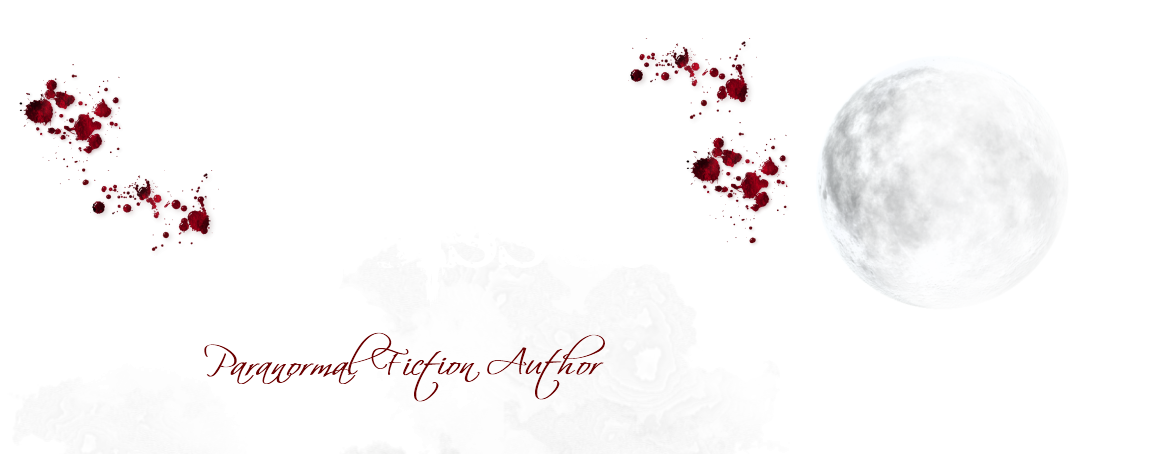






















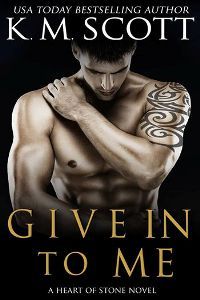
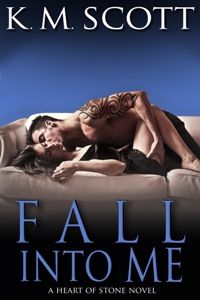




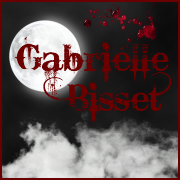





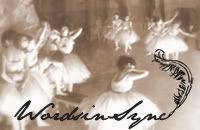


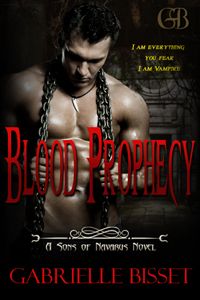

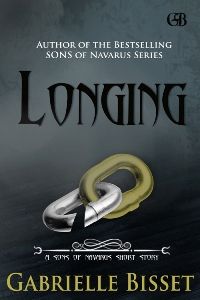
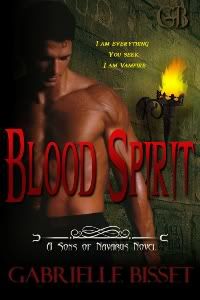


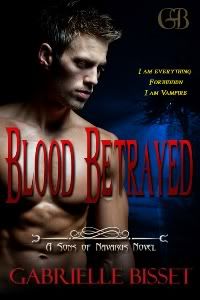
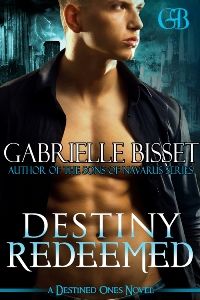

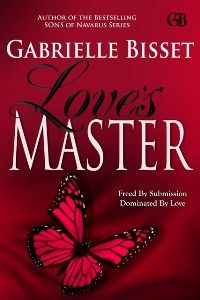
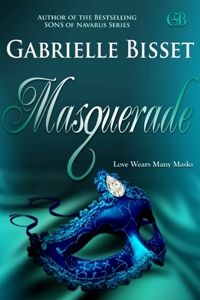






5 comments:
gabrielle, i really enjoyed your blog. over the years ive read some amazing books in several genres. but i do like a happy ever after. the amount of books, ive peeked at the end and dont like the ending,then ive not finished the books. i think to be a writer you have to have a good imagination, but using the right words like you said makes all the difference, between alright and good books. you might not make a million a week like the fifty novels. but you do tell a good story with lovely sensual lovemaking. good luck
Thanks Julie! I don't want anyone to think I wouldn't love a million a week. I'm good for that. LOL
Love how you just told it like it is. I don't like things sugar coated.
For too long I let the stories in my head languish due to internal doubts. I listen to my insecurities now, instead of letting them rule, I quiet them as I study the craft. My need to share my stories is louder than ever before and it's helping me to push through and see the path.
Thanks for the advice.
Thanks for coming by, S.J. I love this line from your comment, "I quiet them as I study the craft." We all have insecurities, but knowing at the end of the day you've put the best book out you can does wonders to silence them. Not everyone will like everything you write, but knowing it's a solid piece of work helps you to be able to know that someone disliking your work is a reflection of their personal preference.
It's funny almost everywhere I go once they hear I review books it always seems there is an aspiring author with no direction. I found one just the other day when I called Kindle about a problem. And I told him a lot of what you said and also to find as many places blogs, websites that caters to others like himself. I wished him luck and hung up the phone wondering if he'll ever get his book written. Enjoy your post very much.
Post a Comment